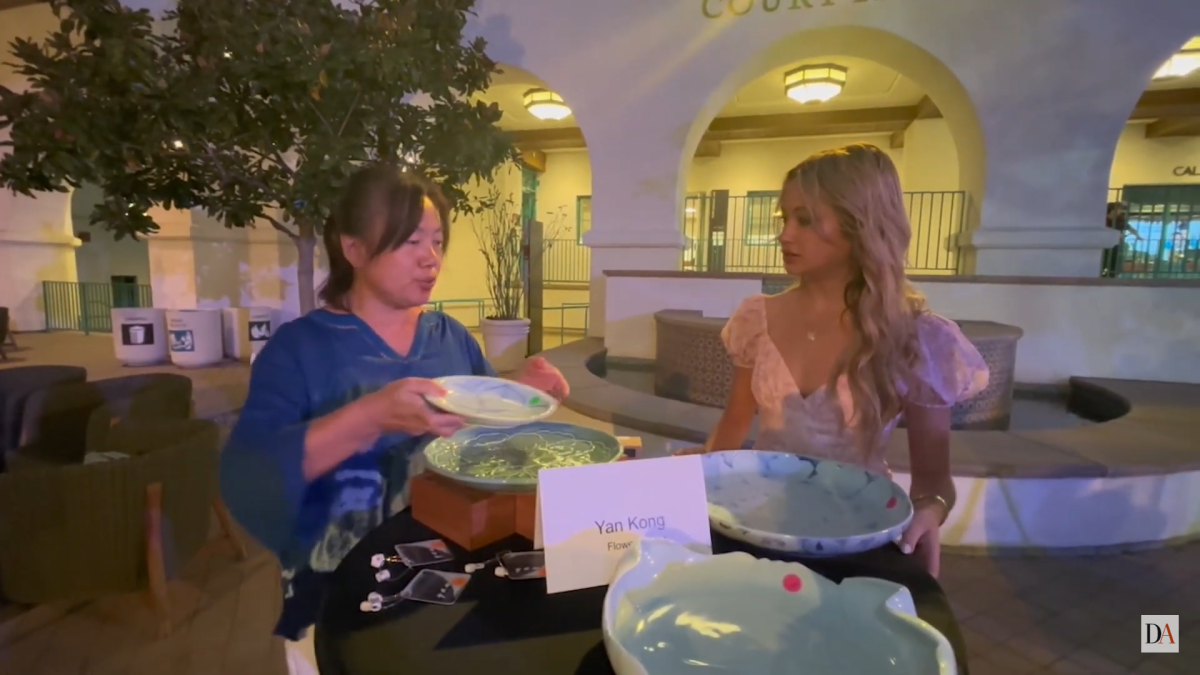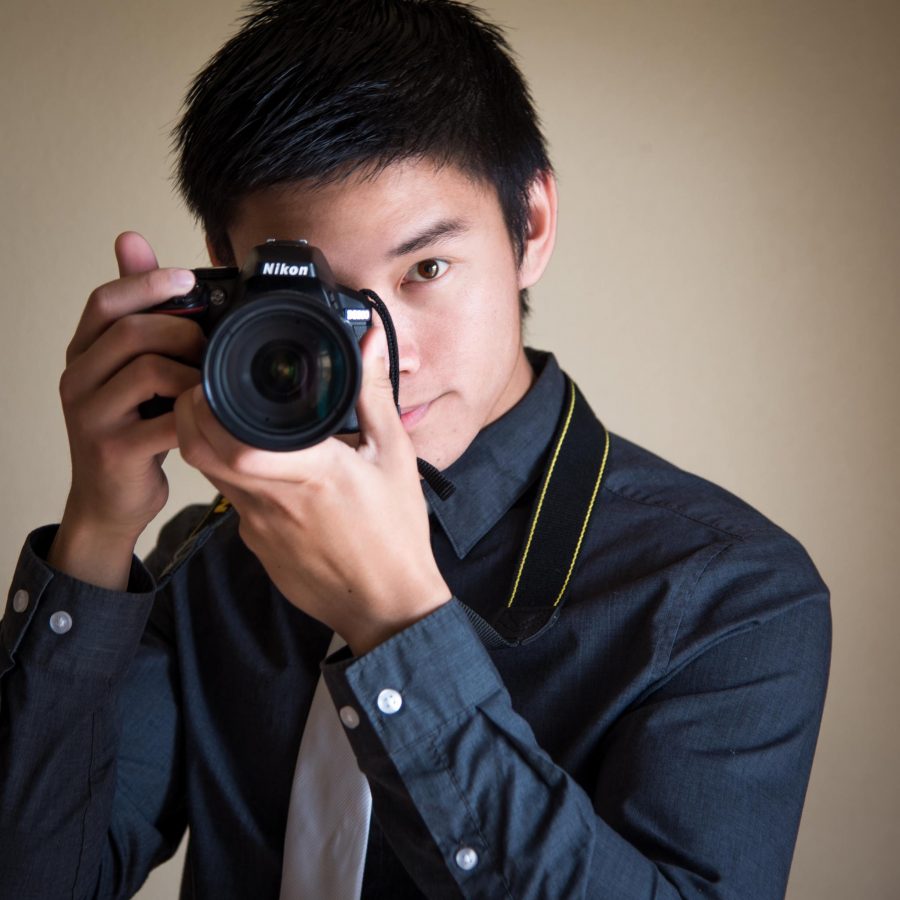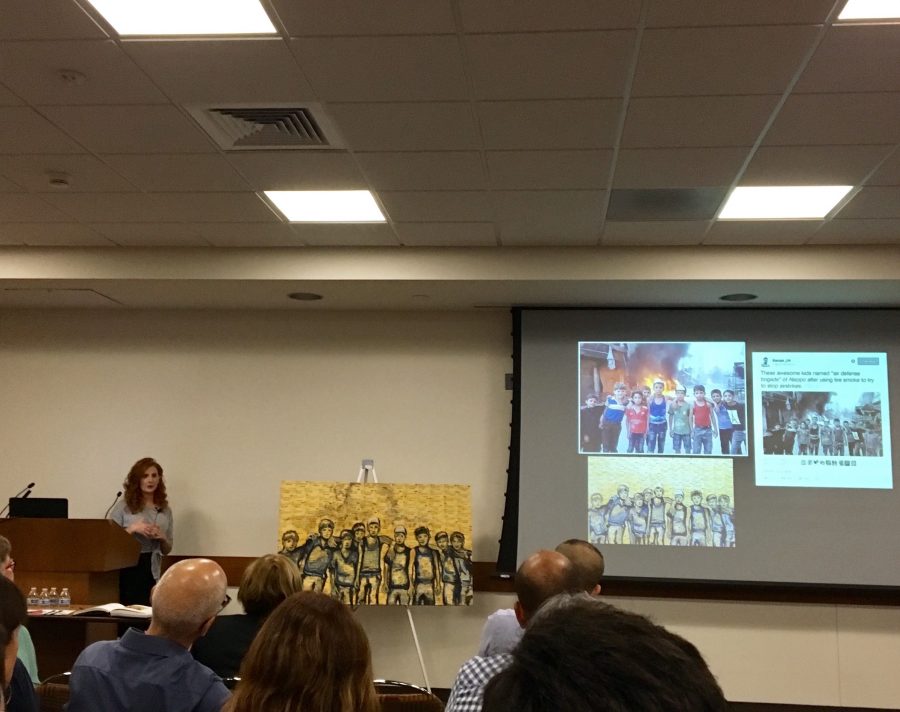“The Book Thief” has been one of the most celebrated books in recent years, and has now made its way onto the silver screen. The story follows Liesel Meminger (Sophie Nélisse), an orphan living in World War II Germany with a new foster family. The movie begins with narration from Death (Roger Allam) himself, as he follows the adventures of “The Book Thief.”
Death’s personal touch throughout the film though brief and at times random, paints certain events in a darker, more solemn tone that doesn’t quite connect with the rest of the tale. Death’s comments add a philosophical insight on society, especially given the World War II era. Unfortunately, the message is lost with the watered down nature of the rest of the drama.
Liesel’s new foster parents, Hans (Geoffrey Rush) and Rosa (Emily Watson) do their best to help Liesel adjust in Hitler-run Germany. Hans is kind, soft-spoken and lighthearted, and acts as a natural foil to Rosa’s no-nonsense, stern parenting style. Rush shines as Liesel’s new foster father and consistently steals the spotlight.
An amazing actor, such as Rush, is there to help carry “The Book Thief” whenever it slows down. As Liesel becomes accustomed to her new home, she befriends a young boy, Rudy (Nico Liersch) and a runaway Jew, Max (Ben Schnetzer), who accompany her throughout her journey. Liesel’s relationships with those around her make for some heart-tugging moments, but her character can be frustrating at times. In the beginning, she comes off frail and dismal. I rooted for her. I wanted her to grow and be confident in herself. But, there were times when her naivety shows and all her progress has been for nothing.
As someone who’s read “The Book Thief,” it’s hard not to compare the two. Sadly, similar to the majority of page to screen adaptations, their counterparts leave a lot to be desired.
“The Book Thief” just doesn’t quite live up to its source material, and fails to recapture the magic of what made the book amazing. One thing that differed in particular, was Liesel’s fascination with books. Liesel’s journey, as she grows from an illiterate foreigner, to a well-read cultured young girl with a love for books, feels rushed. The silver-screen adventure tries to recreate these moments, but the audience never really get a sense of what it means for her to actually be a “book thief.”
Meaningful scenes, such as when Liesel steals a book from a Nazi book burning, or the hours she would spend reading in the fraulien’s library, don’t have much of an impact. If anything, the driving motive for Liesel’s development (her love for books) feels like it’s treated as a secondary story behind Liesel’s semi-romantic relationships, effectively undermining what made the best seller great. “The Book Thief” has some emotional performances that are sure to pull at your heartstrings, and though made with well intentions, the historical drama sadly does not connect with audiences quite as poignantly as the novel.
Also read: McConaughey shines in ‘Dallas Buyers Club’








